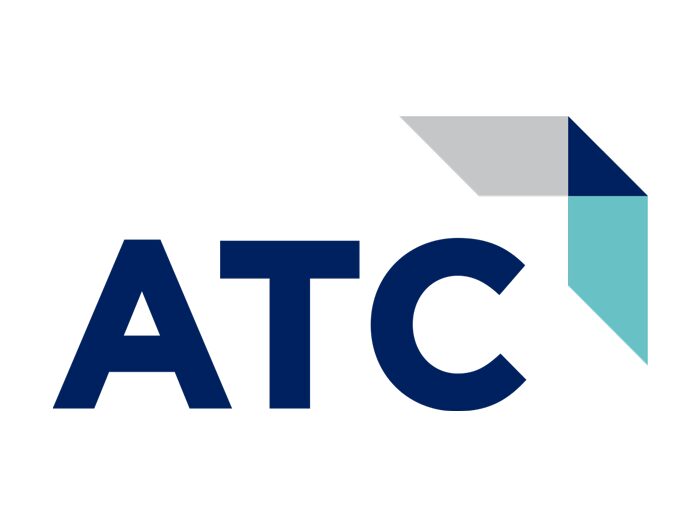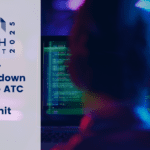
Sometimes we have too many fine examples of ATC’s work that we can’t get all of our spotlights showcased for an award. Such is the case with the 2017 Channel Partners 360° Award. This year we submitted two nominations—projects spearheaded by ATC Co-Founder and Managing Partner, Darren DeMartino (we could’ve submitted many more). Unfortunately, we were only permitted to have one winner. Read about the winning nomination here. The 360° Award recognizes work that creates business value through telecom, IT and cloud solutions.
DeMartino’s other nomination, which was not showcased, The Herb Chambers Companies, was equally as impressive. (DeMartino’s work with LAZ Parking also won in 2015. Check it out here.)
Here’s the Herb Chambers project snapshot:
Background
Herb Chambers owns one of the largest auto sales groups in the country. His 55 dealerships dominate eastern Massachusetts, especially for customers who covet luxury brands like Mercedes-Benz, Lexus, Audi, Alfa Romeo, BMW, Cadillac, Bentley, Rolls Royce, Jaguar, Porsche, Maserati and Lamborghini. In 2015, Herb Chambers dealerships sold 54,000 cars in all.
Situation
New car technologies are transforming the automotive sector, with major implications for automotive dealerships. Today’s car has the computing power of 20 personal computers, features about 100 million lines of programming code, and processes up to 25 gigabytes of data an hour.* While automotive digital technology has traditionally focused on optimizing the vehicle’s internal functions, attention is now turning to developing the car’s ability to “phone home” and connect with the manufacturer to conduct diagnostics tests. This is the connected car—a vehicle able to optimize its own maintenance as well as the convenience and dealership experience for the owners.
“A lot of the technical requirements and diagnostic equipment we’re mandated to have (by the manufacturers) in order to communicate back and forth with them is very bandwidth intensive,” says Nicolas Gennetti, Director of Information Systems at The Herb Chambers Companies.
As a result, many of the luxury brands are now requiring dealerships to have certain levels of bandwidth with redundancy built in from a second ISP.
*McKinsey & Company
How was the customer’s business need addressed? What technology solution was recommended?
Herb Chambers was utilizing an MPLS network for Internet connectivity and communications with corporate data centers. One data center is local in Massachusetts with the other in Chicago, IL. Connectivity at the dealerships was limited to T1s and bundled T1s—not nearly enough bandwidth for today’s “connected” car and the needs of dealerships, regardless of manufacturer brand.
The recommended solution included a more robust MPLS network with a minimum of 50MB metro Ethernet fiber connectivity for all dealership locations. The solution also included an SD-WAN deployment via Cisco Meraki edge devices. The selected provider for the new, more robust MPLS backbone was Nitel. Netwolves provides the backup broadband circuits at all locations, and the Meraki solution delivers automatic failover within a “hot-hot” environment where both the fiber circuit and broadband circuit are live at all times and working collectively. The backup circuit is not idle. In fact, the broadband circuits are also providing Internet for the dealership “guest” network. The data centers also received connectivity upgrades to 100MB of fiber. Deployment of the solution started in early 2016.
Benefits
The project was not cost-savings-driven. However, cost savings were achieved through contract renegotiation with the broadband provider. Those savings were offset by the significant upgrades to the MPLS network. With a minimum bandwidth increase of 1,500% at all dealership locations, the project has correspondingly increased efficiency and productivity levels to advance the overall customer experience by providing better, faster and quicker service. Diagnostic determinations for maintenance and repair are resolved much more rapidly and service wait times have decreased. Carrier services and monthly costs remained the same despite significant network upgrades.









